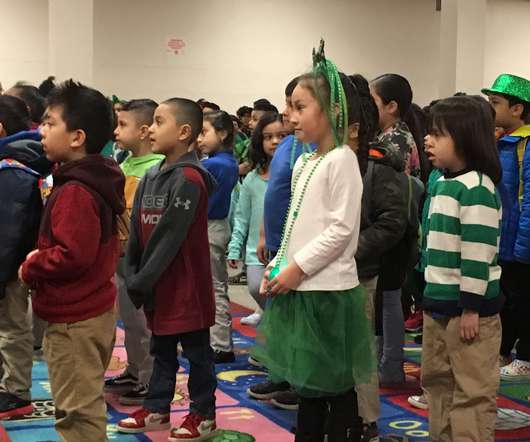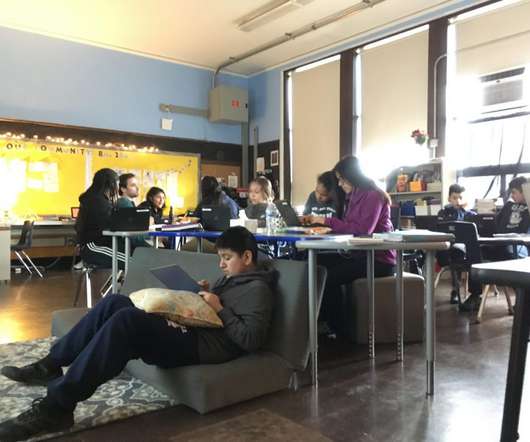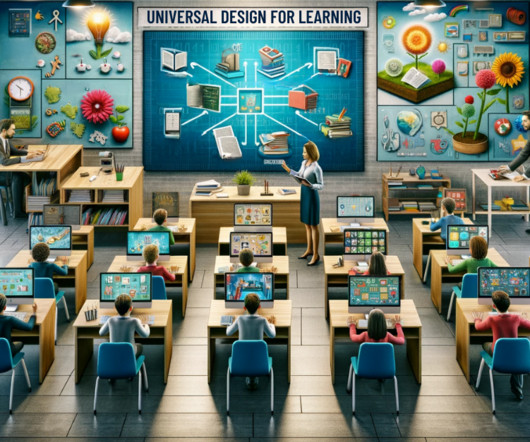Learning Styles: Fact or Fiction? What This Decades-Old Theory Can Teach Us
Waterford
OCTOBER 30, 2019
How would you discover a student’s learning style? Measuring learning styles often involves an assessment such as this one from the Georgia Department of Education. One study conducted in Taiwan, for example, came to the conclusion that educating students on learning styles can encourage self-reflection—always a positive thing.[9]















Let's personalize your content